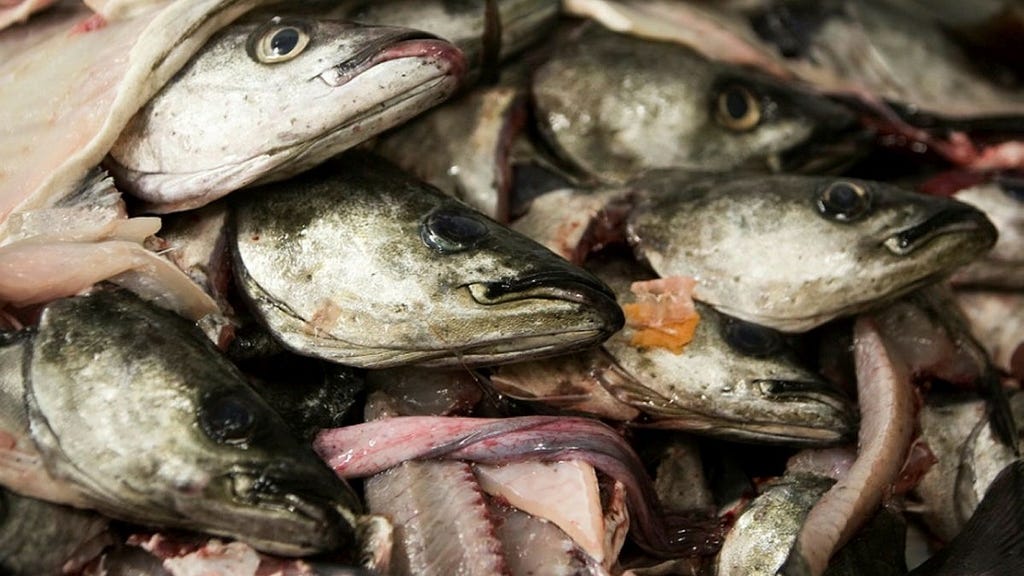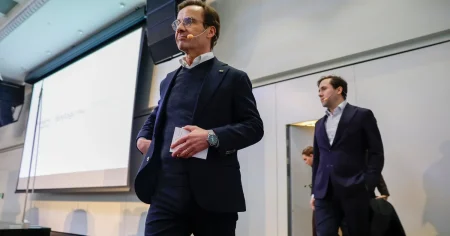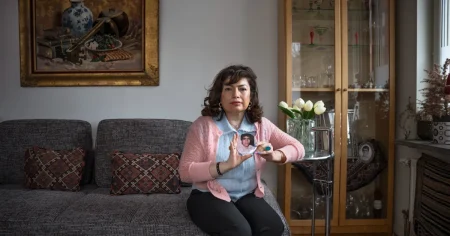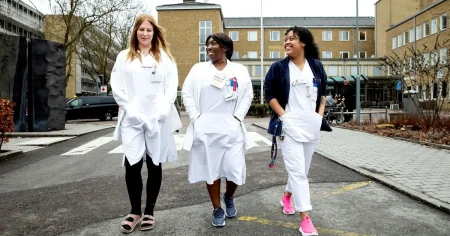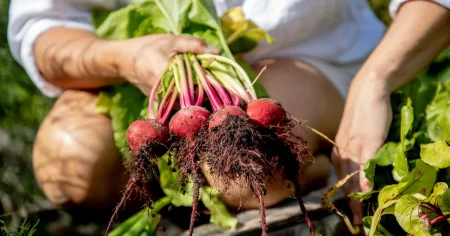The fishing industry, a cornerstone of coastal economies worldwide, faces a critical juncture. Traditional practices, while providing sustenance and livelihoods, often generate significant waste, impacting marine ecosystems and squandering valuable resources. The ”Future Fishing Port” project in Simrishamn, Sweden, exemplifies an innovative approach to address these challenges, promoting a circular economy model that maximizes resource utilization and minimizes environmental impact. This initiative, a collaborative effort involving Formas, Lund University, and Kristianstad University, centers on the principle of whole fish utilization, transforming discarded byproducts into valuable commodities. By extracting and refining components typically considered waste, the project not only reduces environmental burden but also unlocks new economic opportunities, fostering a more sustainable and resilient fishing industry.
The cornerstone of this innovative approach lies in the valorization of herring trim, the residual material left after processing. Traditionally, this byproduct has been discarded, representing a significant loss of potentially valuable resources. The ”Future Fishing Port” project, however, recognizes the inherent value within these remnants, specifically targeting the extraction of oils and collagen. These compounds, known for their beneficial properties in skincare, are being explored as raw materials for cosmetic applications. Anecdotal evidence, as reported by Sofia von Scheele Ekström of Skillinge Fisk-Impex, further supports the potential of these extracts. Observations of workers handling herring, noting the softening effect on their hands, suggest the presence of beneficial compounds worthy of further investigation and development.
This approach to byproduct utilization reflects a growing trend within the global fishing industry, echoing similar initiatives in other countries. Finland, for instance, has pioneered efforts to transform fish processing waste into valuable resources for cosmetic applications. This shift away from traditional disposal methods, such as burying or discarding at sea, not only minimizes environmental impact but also creates new revenue streams, fostering a more economically viable and sustainable fishing industry. By embracing a circular economy model, the industry can move towards a future where waste is minimized and resources are maximized, ensuring long-term sustainability and economic prosperity.
The project’s focus on herring trim reflects a strategic decision based on the abundance and economic importance of this species in the Baltic Sea region. Herring, a staple of the regional fishing industry, generates substantial volumes of trim during processing. By targeting this specific byproduct, the project aims to demonstrate the feasibility and economic viability of whole fish utilization on a commercially relevant scale. The extraction of valuable compounds like oils and collagen from herring trim presents a compelling case study for the broader application of circular economy principles within the fishing industry, potentially transforming the way fish are processed and utilized globally.
Beyond the immediate economic benefits, the ”Future Fishing Port” project holds significant implications for the long-term sustainability of the fishing industry. By reducing waste and maximizing resource utilization, the project contributes to a more responsible and environmentally conscious approach to fishing. This alignment with sustainable practices enhances the industry’s image and contributes to consumer confidence in the origin and processing of seafood products. Furthermore, the project’s collaborative nature, involving academic institutions and industry partners, fosters innovation and knowledge sharing, accelerating the development and adoption of sustainable practices across the sector.
In conclusion, the ”Future Fishing Port” project in Simrishamn represents a paradigm shift in the approach to fish processing, moving away from traditional waste generation towards a more circular and sustainable model. By valorizing herring trim, traditionally considered a waste product, the project demonstrates the potential to extract valuable compounds for cosmetic applications, creating new revenue streams while minimizing environmental impact. This innovative approach, mirroring similar initiatives in other countries like Finland, underscores the growing recognition within the fishing industry of the importance of circular economy principles. The project’s focus on whole fish utilization, combined with its collaborative nature, promises to drive significant advancements in sustainable fishing practices, contributing to a more resilient and environmentally responsible industry for the future.





